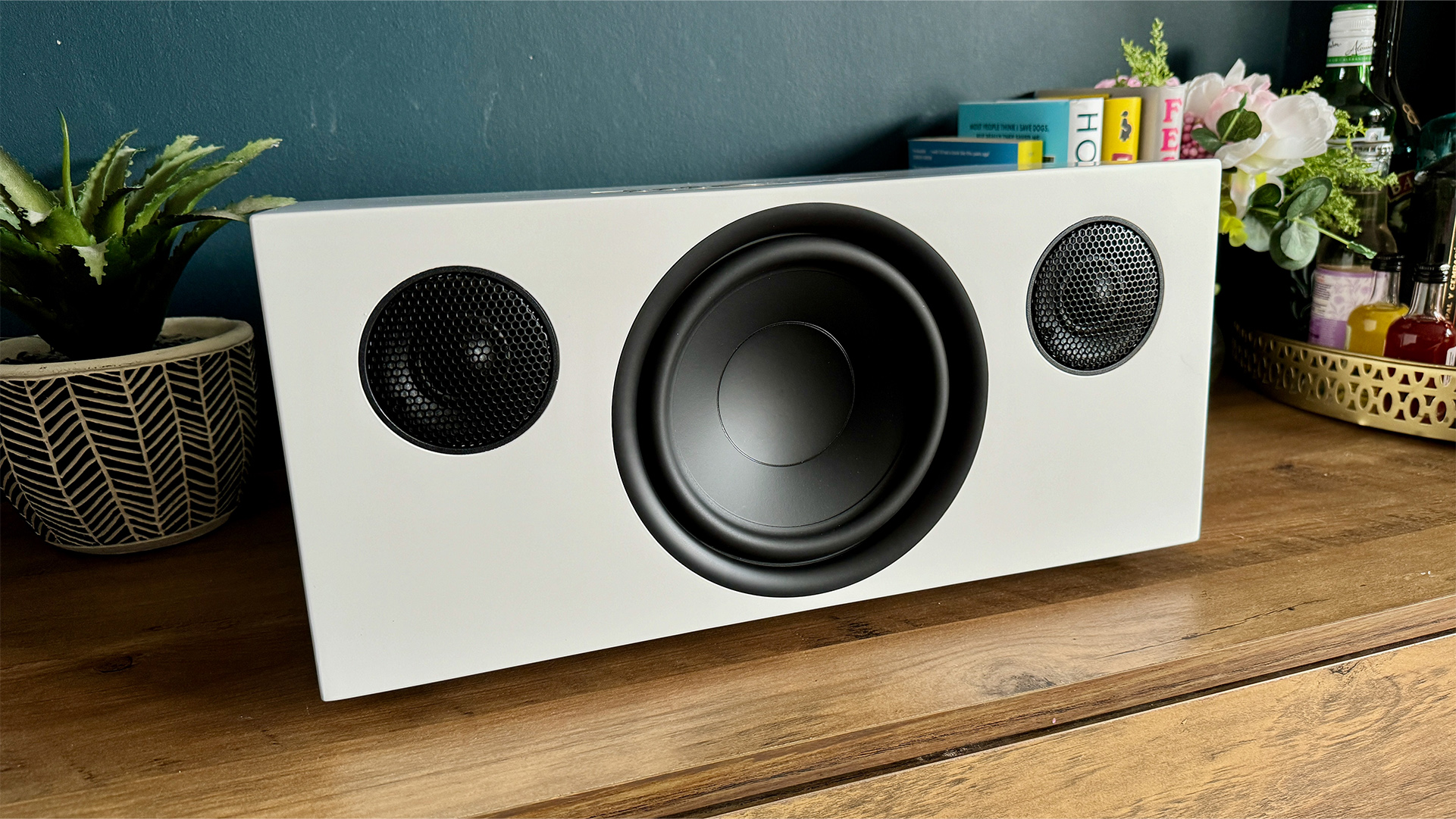DTS:X delivers new surround sound tech without extra speakers
DTS has revealed more information on its new object-based, surround sound technology, DTS:X. The new format will be made available for some current home cinema receivers as a firmware upgrade, and will also feature in a number of new 2015 models from various manufacturers, including Pioneer and Yamaha.

Unlike Dolby's rival format Atmos, DTS:X doesn't require a set number of speakers or specific configuration. Instead, DTS claims that its new technology is more adaptable and flexible with the DTS:X remapping engine able to support "any speaker configuration within a hemispherical layout".
John Kirchner, chairman and CEO of DTS saiys: "Until recently, sound in movie theatres and in our homes has been dictated to by a standardised speaker layout. Through the use of object-based audio, DTS:X is able to scale immersive soundtrack presentations across a wide range of playback systems... this approach delivers the most authentic three-dimensional audio experience ever, making the audience feel as if they are in the centre of the action."
DTS:X moves objects to and through specific locations and uses the company's license-free open platform, MDA (Multi-Dimensional Audio), which allows movie makers to control the placement, movement and volume of sound objects.
The company says it is already working with several major studios and mixing stages in Los Angeles and Canada that are evaluating DTS:X. Announcements on DTS:X content will be made in due course.
MORE: DTS:X: What is it? How can you get it?
Backwards compatible
A home cinema amp with a DTS:X decoder will be able to support standard DTS-HD Master Audio soundtracks found on Blu-ray discs, as well as the DTS:X mix where required.
According to DTS, its new decoder can "spatially reformat" 2.0, 5.1 or 7.1 content to make the most of the number of speakers in your system i.e. you'll still be able to enjoy the DTS:X experience even when you're watching content without a DTS:X mix.
Get the What Hi-Fi? Newsletter
The latest hi-fi, home cinema and tech news, reviews, buying advice and deals, direct to your inbox.
Legacy home cinema receivers with a standard DTS-HD decoder will also be able to decode the new format, although they won't be able to position the sound in the same way as a DTS:X-equipped amp.
Additional features
With a DTS:X soundtrack and compatible receiver, you'll even be able to control specific audio elements of the soundtrack. For example, theoretically you could "lift" dialogue out from background sounds, but only if the movie maker chooses to add this particular feature to their mix.
Like DTS-HD Master Audio, DTS:X supports lossless audio - up to 24bit/96kHz for object mixes and up to 24bit/192kHz for stereo and multi-channel mixes.
DTS has confirmed that products such as the Denon AVR-X7200W and Marantz AV8802 will be made DTS:X compatible via a firmware update later in the year, while Onkyo, Pioneer and Yamaha will be launching DTS:X ready models in the coming months.
Andy is Deputy Editor of What Hi-Fi? and a consumer electronics journalist with nearly 20 years of experience writing news, reviews and features. Over the years he's also contributed to a number of other outlets, including The Sunday Times, the BBC, Stuff, and BA High Life Magazine. Premium wireless earbuds are his passion but he's also keen on car tech and in-car audio systems and can often be found cruising the countryside testing the latest set-ups. In his spare time Andy is a keen golfer and gamer.

